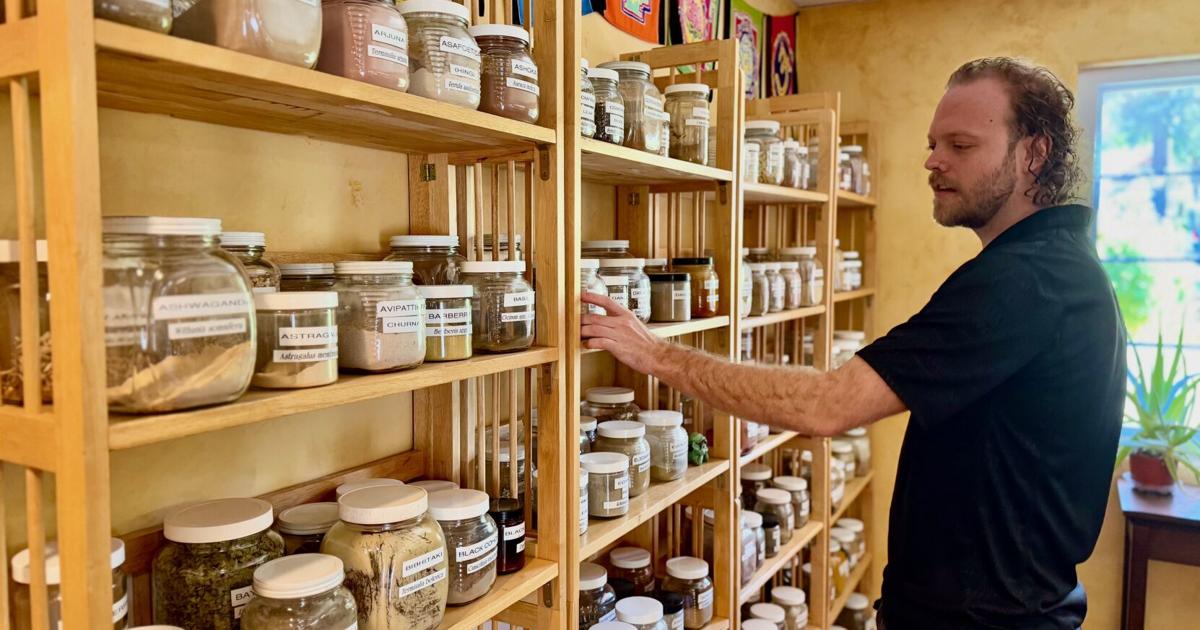California College of Ayurvedic Medicine (CCA) will commemorate its recent group of graduates—a class ranging from 150 to 200 people, some who have been participating online—on September 6 with a ceremony at the Grass Valley Veterans Hall.
The college has been in operation since it was founded by Dr. Marc Halpern in 1995. The school has moved locations throughout the years but has seemingly found its home in what was once known as Miners Hospital on Zion Street in Nevada City.
Some graduates of the program still work within the confines of the college, while others have traveled from as far as Europe to share the knowledge that Dr. Halpern and the school have imparted to its students.
For many, the concept of ayurvedic medicine is not something that comes naturally, though Chris Garber, who has a large part in running the school, said it could be an integral part of a person’s wellness program.
“Ayurveda is a means of viewing the world around you,” Garber said. “It is not a rigid system of medicine and that is one of the reasons it is still prominent today—the concepts of the body types, which are known as the doshas. When we break things down into their components—whether they are heavy or light, warm or cold, we can understand any practice.”
Garber said the September 6 ceremony will be an event which will commemorate the people who have given themselves to their studies, and will be the first in a few years. As with many other entities, COVID prevented them from gathering for several years.
“The future of CCA is bright,” said Garber. “We had a merger with the Hindu University about a year and a half ago. It’s breathed a lot of new life into this organization. It’s given us a much larger platform to speak forward.
The college is open as a treatment center, whether you need acupuncture or massage, from a combination of past graduates and those who are seeking their credentials.
“We have three levels of certification we provide,” explained Garber. “The ayurvedic health counselor is about keeping healthy people healthy. We work with eating the right food and living healthy practices. The second level is the clinical specialist. At that we start treating western diagnosed (symptoms) from an ayurvedic perspective. We use custom formulations; we start treating the symptoms rather than the cause.”
Garber essentially said that the “gut” of a person will determine their treatment, and can range anything from allergies to more prominent issues. The digestive system, he acknowledged, is the core of well-being in nearly anyone.
The herbal treatments offered by the college to its patients are extensive, with rows and rows of herbs specifically selected for each patient. Much of what ayurveda deals with begins in the core, the digestive system of each individual who seeks their guidance.
Garber said that more than anything, he wants people to know that “We are always devoted to serving our community and as healthcare practitioners, intrinsically, we know that is part of our heart space. It’s part of our dharma. The reason that we are here is to help people.”
California College of Ayurveda is at 700 Zion Street in Nevada City.

